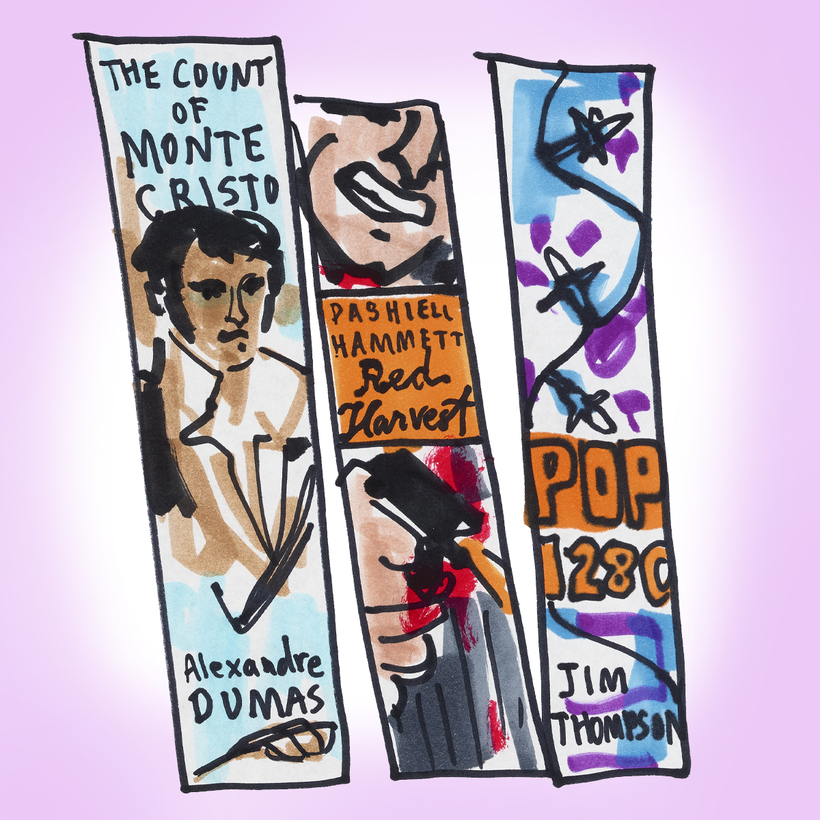Malcolm Mackay is often described as a master of tartan noir, which is true enough. But it would be unfair to label him only as a Scottish crime writer, since he so fully inhabits the minds of his characters in his incomparable Glasgow trilogy that their fears and ambitions become universal. His latest book, Saviors (Mulholland), is two novels in one volume and features Darian Ross, a private eye blessed with the luck of the Scottish, which in Mackay’s world is a lot more mixed than the Irish brand. Who can resist a writer who describes the owner of a car-hire firm as “round-faced, jaundiced, like someone had stuffed too much mince into a yellow stocking, with a long scraggly goatee beard that looked like a kid had pinned the tail on the entirely wrong donkey”? Mackay, 37 years old, was born in Stornoway, on Scotland’s Isle of Lewis, where he still lives. Here, the author selects his favorite crime novels.
The Count of Monte Cristo, by Alexandre Dumas
It’s hard to know how exactly to categorize this book now. Any novel that hinges on a crime is crime fiction, but it feels too vague to simply call it classic crime. Man wrongly thrown into jail escapes prison and embarks on needlessly convoluted revenge scheme. It’s an epic, rather silly thriller. In my teens I fell into a book lull, reading nothing for years. This was the novel that pulled me out of it, set me back on the road of obsessive reading. It’s not, in many ways, a great novel. There are a couple of hundred pages of filler in the middle a brutal editor could have a field day with. The ending is a surrender to schmaltz. Nevertheless, it is great fun—and that’s a hard trick to pull off—and nostalgia will always have me defend it.


